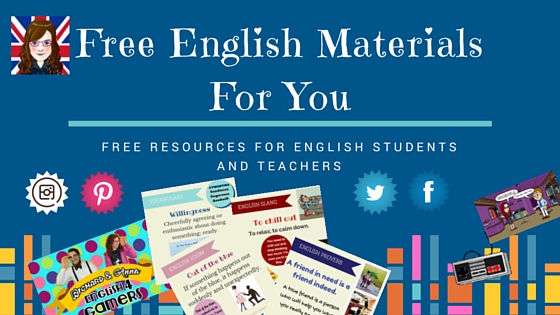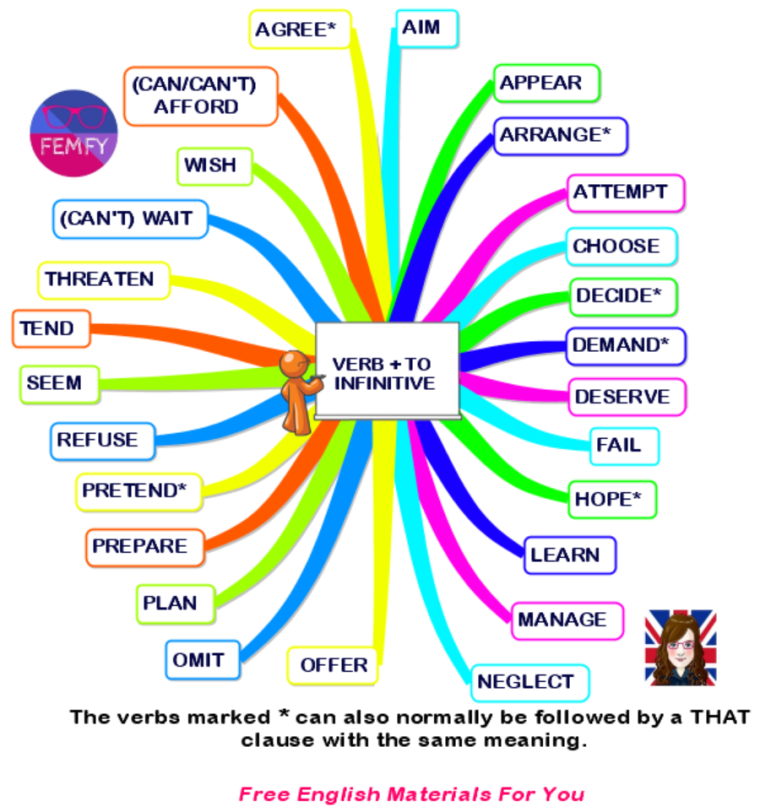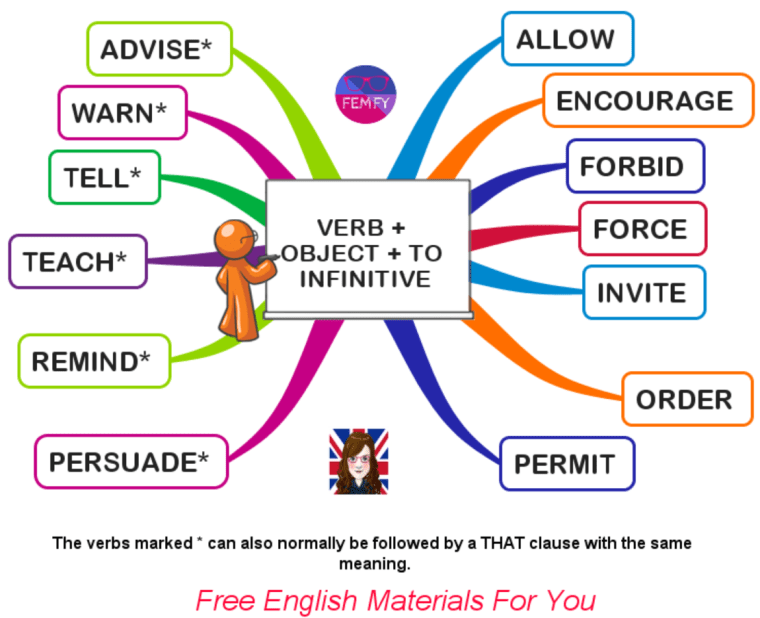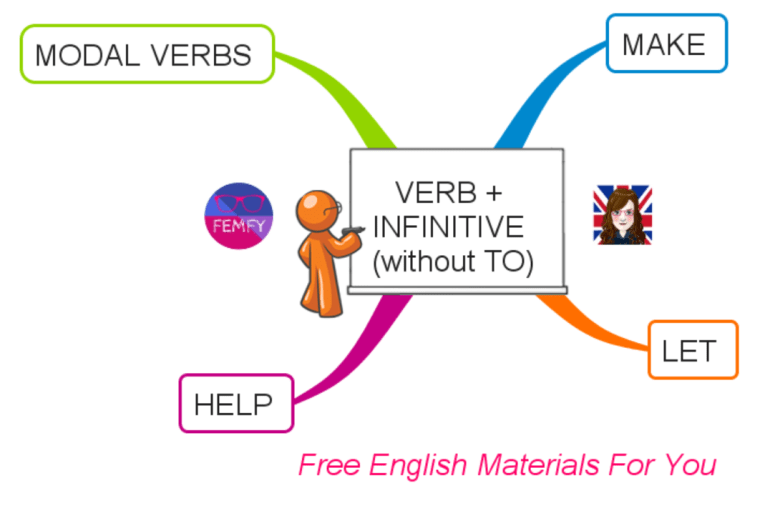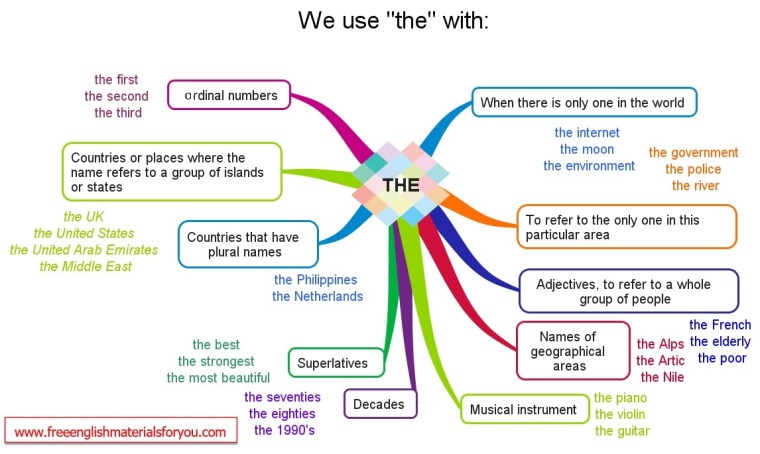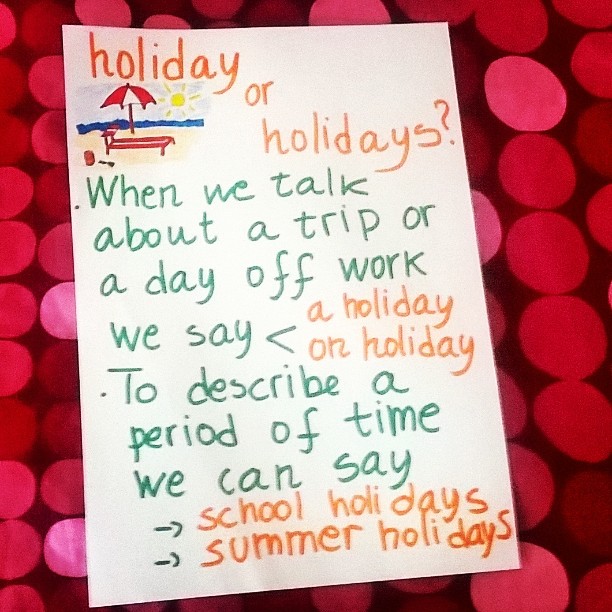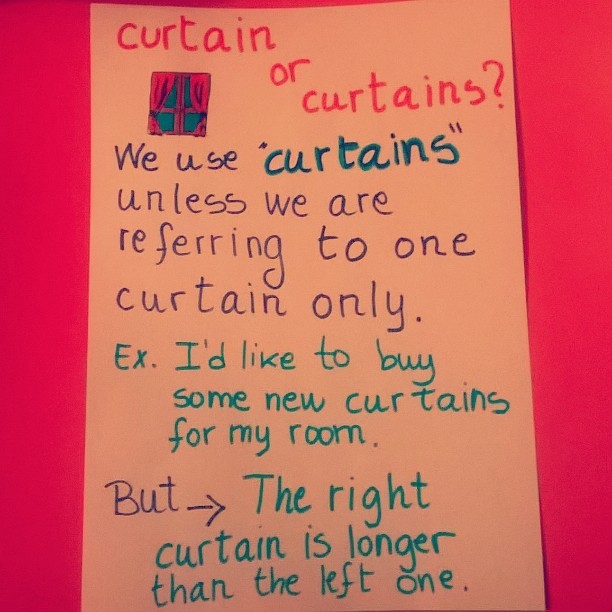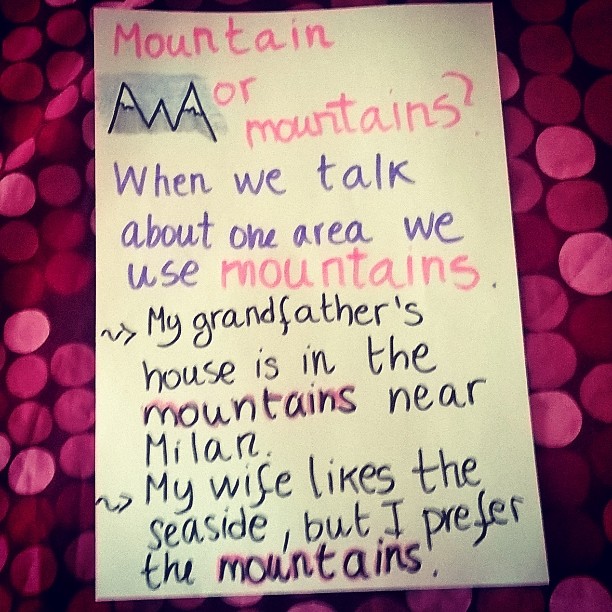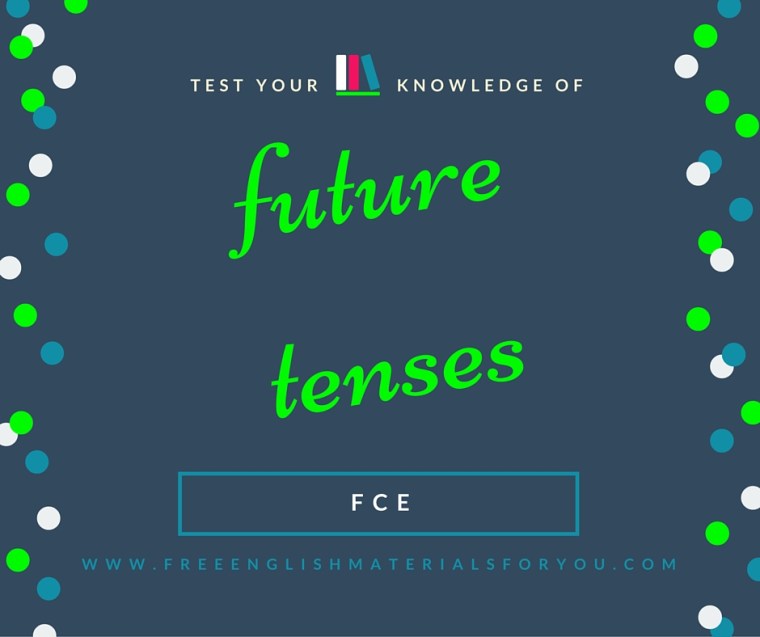This video is hilarious but at the same time, it reveals a view of our times that I find realistic. It is about the amount of money people spend in order to get an education. They feel it is essential because “What kind of job can you get without a proper education, without a degree?”.
It is true, in most cases, you will end up unemployed, with a loan to pay out and frustrated. But then, it is up to you. If you are a creative and brilliant person, you will find a way to make a use of the knowledge you acquired, the education you paid for. You cannot find everything on the Internet. I believe the Internet is like an ocean of information, if you do not know how to swim, if you do not know how to row, you will not go far, you will drown.
Higher education gives you a kind of awareness, it gives you the oars which are vital when you know how to use them. At university you learn critical thinking, you have the possibility to meet like-minded people. Chances are, you will also meet teachers that will not be able to arouse your curiosity, arrogant and with narrow minds, or not able to do their jobs. But if you are lucky, you will meet teachers able to guide you. When you become acquainted with these wise individuals, then it will be worth it and it will change your life.
I agree with this man regarding the amount of money we have to pay in order to get an education which I find excessive too. Education should be free, or at least accessible to those deserving it, those willing to commit to studying hard in order to expand their views, to increase their possibilities.
Then, there is nothing wrong in deciding not to carry on studying after high school, practical jobs are not useless, quite the contrary. We should have the possibility to decide what is the best option for us, depending on our skills, strengths and aims in life.
If you work hard, you like your job and you find it rewarding, you are lucky, not to be judged because you do not have a degree. Being smart has nothing to do with a certificate, with a piece of paper.
I suggest that you read the vocabulary list before watching the video.
HIGHER EDUCATION
VOCABULARY
To declare: to say or state (something) in an official or public way.
Innate: a quality you were born with, not one you have learned.
Dependent: decided or controlled by something else — + on or upon.
To achieve: to succeed in finishing something or reaching an aim, especially after a lot of work or effort.
Tuition: the act of teaching something, especially to one person or to people in small groups.
Loan: an amount of money that is given to someone for a period of time with a promise that it will be paid back.
To afford: to be able to buy or do something because you have enough money or time.
Purveyor: a person or business that sells or provides something.
Wisdom: knowledge that is gained by having many experiences in life.
Elder: used to refer to the older of two people (such as a father and son) who have the same name; a person who has authority because of age and experience.
Sage: someone, especially an old man, who is very wise.
To set apart: (phrasal verb, separable) to be a quality that makes (someone or something) better than or different from other people or things — usually + from.
Buggy: a light carriage pulled by a horse. 
Hire: to employ someone; to give work or a job to (someone) in exchange for wages or a salary.
Entrepreneur: someone who starts a new business and is willing to risk loss in order to make money.
To let go: to make someone leave their job.
To lack: to not have something that you need, or not have enough of it.
Prospects: chances of future success.
Interactive fill in the gaps exercise:
https://www.onlineexambuilder.com/verb-tenses-fill-in-the-gaps-exercise/exam-166046
Downloadable PDF (with answers): HIGHER EDUCATION – fill in the gaps exercise
